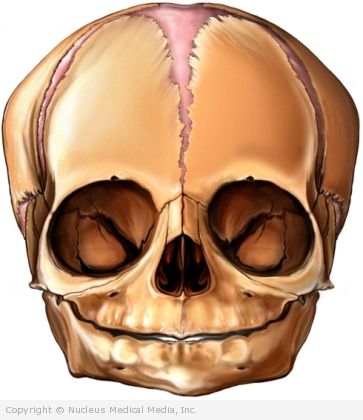Dehydration
Dehydration – Definition
Dehydration results from excessive loss of fluids from the body.
Dehydration – Causes
To work properly, the body requires a certain amount of water and other elements, called electrolytes. Drinking and eating help to replace fluids that have been lost through the body’s functions. Fluids are normally lost through sweat, urine, bowel movements, and breathing. If you lose a lot of fluids and do not replace them, you can become dehydrated.
Dehydration – Risk Factors
Factors that may increase the risk of nosebleeds include:
- Vomiting
- Diarrhea
- High fever
- Exposure to the heat and sun
- Excessive exercise
- Medicines, including diuretics (water pills) and laxatives
- Inadequate fluid intake due to certain conditions, such as mobility problems, mental or memory problems, decreased ability to perceive thirst
- Fluid imbalance caused by certain conditions, such as diabetes, lung disease, kidney disease, burns
Other risk factors include:
- Age: being less than two years old, or being 65 years or older
- Living in a nursing home
- Participating in an athletic competition
Dehydration – Symptoms
Symptoms vary depending on the degree of dehydration. Symptoms may include:
- Dry mouth
- Limited tear production
- Thirst
- Weakness
- Decreased urination
- Concentrated urine (eg, darker color, stronger odor)
- Wrinkled skin or tenting when pinched
- Eyes that appear sunken
- Parched, cracked lips
- Dizziness or feeling faint
- Drowsiness
- Nausea
- Irritability
- Confusion
- Fever
- Low blood pressure
- Increased pulse
- Fast breathing
- Weight loss
- In infants, sunken soft spot in the skull
Dehydration can be extremely serious and life threatening. It may require immediate medical care.
Dehydration – Diagnosis
The doctor will ask about your symptoms and medical history. A physical exam will also be done. This will include measuring your vital signs. To help provide information for the doctor, keep a diary of:
- Your daily weight
- Number of times you have vomited or moved your bowels
- Your fluid and food intake
- Your urine output
- Any self-treatments you may have tried
Tests may include:
- Urine tests — to check the concentration of the urine
- Blood tests — to check body fluids and body chemistry
Dehydration – Treatment
Therapy aims to rehydrate the body, replace lost electrolytes, and prevent complications. If you have an underlying condition, your doctor will treat that, as well.
Treatment may include:
Fluid Replacement
If you have minimal or moderate dehydration, you doctor may have you replace fluids by mouth. You may need to:
- Drink small amounts of oral rehydration solution throughout the day. Continue to drink the oral rehydration solution. Avoid other drinks, such as:
- Beverages with alcohol or caffeine, such as coffee, tea, and soft drinks
- Carbonated drinks, sweetened drinks, fruit juices, and plain water
- Increase the amount of liquid as you can tolerate it.
If you are severely dehydrated, intravenous fluids (given through a vein in your arm) will be given to rapidly replace fluids.
Medication
Your doctor may recommend that you take medicine, such as:
- Antiemetics for severe vomiting
- Antidiarrheal medicine for severe diarrhea or abdominal cramping
- Antibiotics for severe diarrhea caused by a certain bacterial infection
If you are diagnosed with dehydration, follow your doctor’s instructions.
Dehydration – Prevention
To prevent dehydration:
- Drink plenty of fluids, even if you are busy or sick.
- Drink fluids regularly while exercising or when outdoors on a hot day. Stop frequently for fluid breaks.

